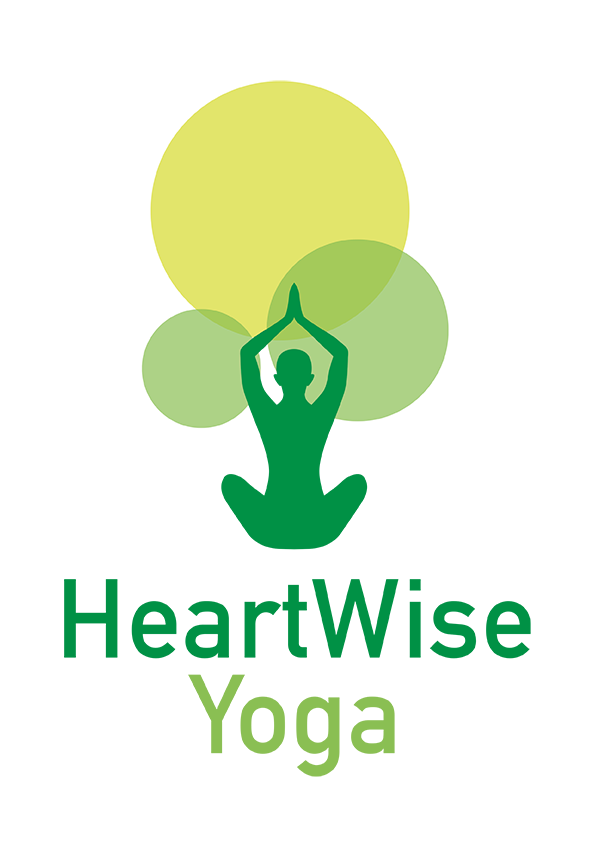Don’t know you, but I find that the questions I am asking myself have to do with direction. Now, as my wife and I are looking for a new home, which direction should we turn towards? Careerwise, what is my niche, and what do I want to achieve or accomplish? What should my next “move” be?
In other words, many of the things I wonder about relate to some type of direction—or even destination—I feel I am supposed to know. I must confess that, indeed, deep inside a part of me dies to know the outcome and what is about to happen. “Give me something”… I. Want. To. Know!
Yet, I also must admit, no matter how hard I try, I cannot always know. I know I am not alone. Most of us also want to know what awaits us on the path ahead. Like me, you most likely learned growing up that you needed a plan to have a “good life”—as if knowing our life in advance or following a specific script are recipes for happiness. I remember the many hours (or days) I spent as a child dreaming about the life I was certain I will get… Successful executive, “something” manager, living in a fancy apartment in Paris, and traveling the world… Well, only partly realized 😉!
While having a plan might very well be the necessary first step to start moving—in some direction indeed—wanting to know the end destination before we depart, and interpreting this as the source of our happiness, is a lure that eastern and more modern spiritual teachings have talked about for thousands of years.
The mind is designed for wanting to know, because the mind’s primary function is to understand, categorize, make sense, and… plan ahead so we have better chances to survive as a species. The drawback of the mind, however, is that its urge to know equals an immense attachment to being in control. In other words, the mind “thinks” that being in control means being safe.
Yet our experience suffering, as accord moder and ancient teachers, directly depends on our mind’s obsession with control… and planning! This in itself is a big mouthful to swallow, at least at first, for all of us. But honestly, if you look back, how well did your plans hold in your life? Whether related to career, relationship, family, home, or health, how many of your plans—however smart and strategic—did not turn out as you expected? Know that you are not alone. In fact, I would even say, welcome to humanity. Most of our plans apparently are not supposed to hold… This must be part of a “bigger plan!” Ah!
I have meditated for nearly fifteen years. In perhaps the first eight years or so, I deliberately approached my meditation practice as a mean to answer the questions of my mind or, in other words, to know what will happen if XYZ.
One day, I remember, I realized I had fooled myself all this time. Meditation, mindfulness or any respectable spiritual practice of any sort, is not about being “so intuitive that I always know what will happen and can be on top of it,” and thus live an illusion of control and safety. Rather, meditation-like practices were designed to anchor our awareness in the moment, the here-and-now, away from the planning mind or calendar time, as Tolle calls it, so we can free ourselves from the burden of the fallacy of being in control.
This is not to say that we should just sit, never makes plans, and wait until the world comes and knocks on our door—although it might feel necessary for some of us at some time in our lives. Instead, the invitation is to become more familiar with the experience of liberation that the moment-to-moment practice or ritual brings so we can (re-)discover our deeper truth, again and again. In fact, this deeper truth might not be about knowing how our life will look like, but simply opening to it and suddenly hearing the signal that wants to send us in some direction and take the “next step.”
Whether we look at the ancient sages Patanjali, Buddha, the Sufi poets, or even the more contemporary teachers like Eckart Tolle or Krishna Das, they all warn us against taking our mind too seriously, especially when the mind insists on thinking itself out a problem that it has not been able to solve already. Isn’t it funny that we humans do that all the time?
“A prisoner cannot help another prisoner get out of prison” I heard the spiritual teacher Krishan Das said one day. Or put differently: you cannot think your way out of a box made of thoughts.
So, dear one—and I definitely include myself here—shall we try to drop the ball of control for a moment and venture ourselves out of the “box made of thoughts?” Notice if any sense of relief comes even with just playing with the thought that it is ok not to know where to head to… What could even happen if we assumed for a moment that it was supposed to be that way?
Next time you sit down or stand still, or perhaps right now, take three deep breaths and invite the thinking mind to relax. On each following breath, bring the simple thought of “I am” without any adjectives, objects, definitions or whatsoever after. Silently repeat the words I am, noticing the sensations in your pelvis, belly, chest, and head.
Here you are. Welcome. Maybe you are exactly where you are supposed to be, and this is where you are headed to now.

